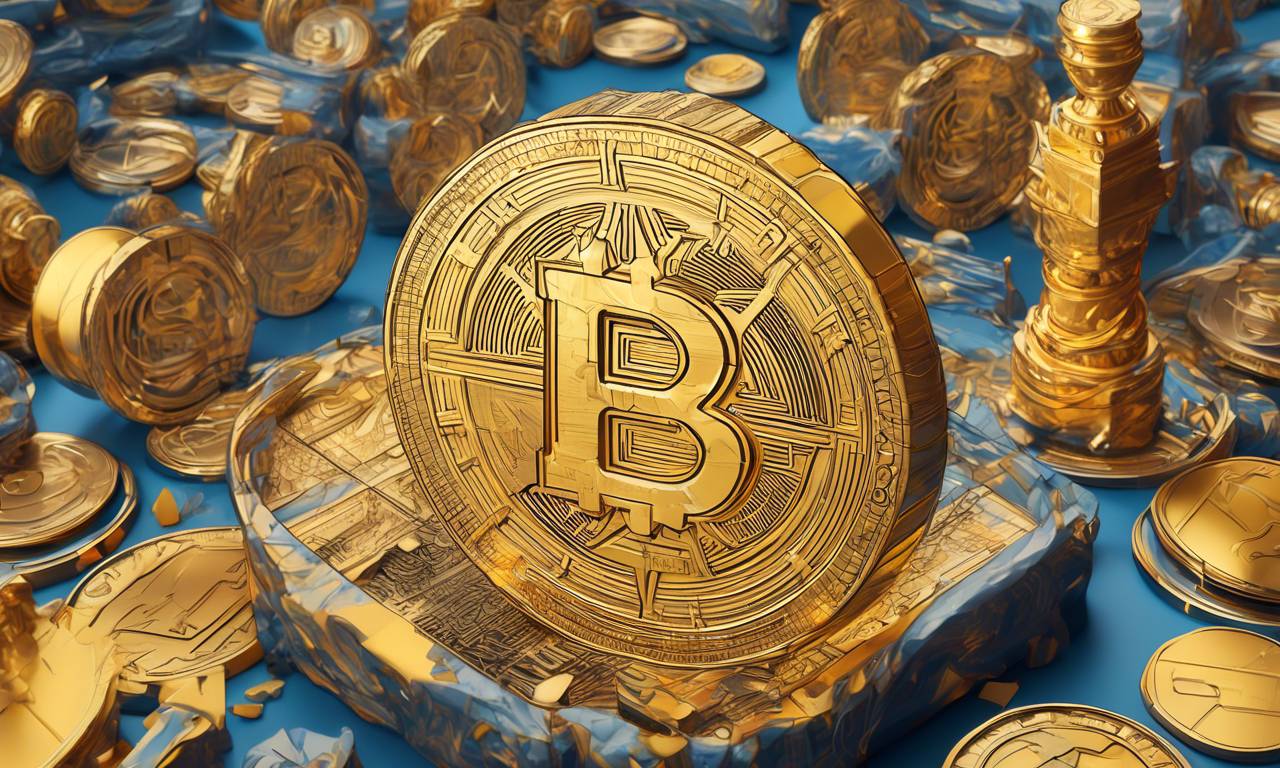The SEC Escalates Legal Battle Against Binance and Changpeng Zhao
Recently, the Securities and Exchange Commission (SEC) took a significant step in its lawsuit against Binance, Binance.US, and former CEO Changpeng Zhao. Leveraging the recent Coinbase vs SEC insider trading case, the SEC aims to strengthen its position in the legal battle, potentially signaling increased regulatory scrutiny in the cryptocurrency industry.
Something Smells Fishy
The SEC’s latest move involves a legal notice of supplemental authority in the SEC v. Wahi case, which revolves around allegations of insider trading against Coinbase’s former product manager, Ishan Wahi, his brother Nikhil Wahi, and their associate Sameer Ramani. The SEC claims that Ishan Wahi shared confidential information about upcoming Coinbase listings with his brother and friend, resulting in illicit gains exceeding $1.5 million. By incorporating the Wahi case into their legal strategy, the SEC aims to strengthen its position in the lawsuits against Binance, Binance.US, and CZ.
- This aligns with the SEC’s assessment that certain cryptocurrency transactions fall under its jurisdiction as securities.
- Legal experts, including John Reed Stark, view this move as a strategic maneuver by the SEC to set a precedent for cases involving major players like Binance and Coinbase.
- Judge Tana Lin’s ruling in the Wahi case supports the SEC’s argument that some cryptocurrencies traded on secondary markets can be classified as securities.
Crypto Impact
As the SEC’s legal actions unfold, they have ignited intense debates within the cryptocurrency community. On one side, regulatory bodies stress the importance of enhanced oversight to protect investors and uphold market integrity. However, industry insiders express concerns that stringent regulations may stifle innovation and impede the industry’s growth. Coinbase’s Chief Legal Officer, Paul Grewal, has criticized the SEC’s approach, questioning the fairness of default judgments and their potential repercussions on the industry.
Ripple in Trouble?
Another significant legal dispute unfolds concerning the Ripple case, where Judge Jed Rakoff and Judge Analisa Torres hold contrasting views. While Judge Torres deems Ripple’s direct sales of XRP as unregistered securities based on the Howey test, Judge Rakoff refutes this interpretation, sparking debates among legal experts. The SEC’s involvement in shadow insider trading allegations and perceived regulatory overreach raises concerns about the broader implications for the industry.
- The Wall Street Journal points out how regulators may exploit ambiguous laws to expand their authority and undermine due legal process.
- Amidst these legal battles, the uncertainty surrounding Bitcoin regulation intensifies, potentially impacting billions of dollars in digital finance and the overall stability of the crypto market.
Hot Take
As the SEC aggressively pursues legal action against prominent cryptocurrency entities, including Binance and Changpeng Zhao, the cryptocurrency landscape faces unprecedented challenges. The outcomes of these legal battles could either pave the way for clearer regulatory frameworks or potentially hinder innovation within the crypto space. The ongoing conflict between regulators and industry participants underscores the evolving nature of cryptocurrency regulations and the uncertainties that lie ahead.





 By
By
 By
By

 By
By
 By
By
 By
By